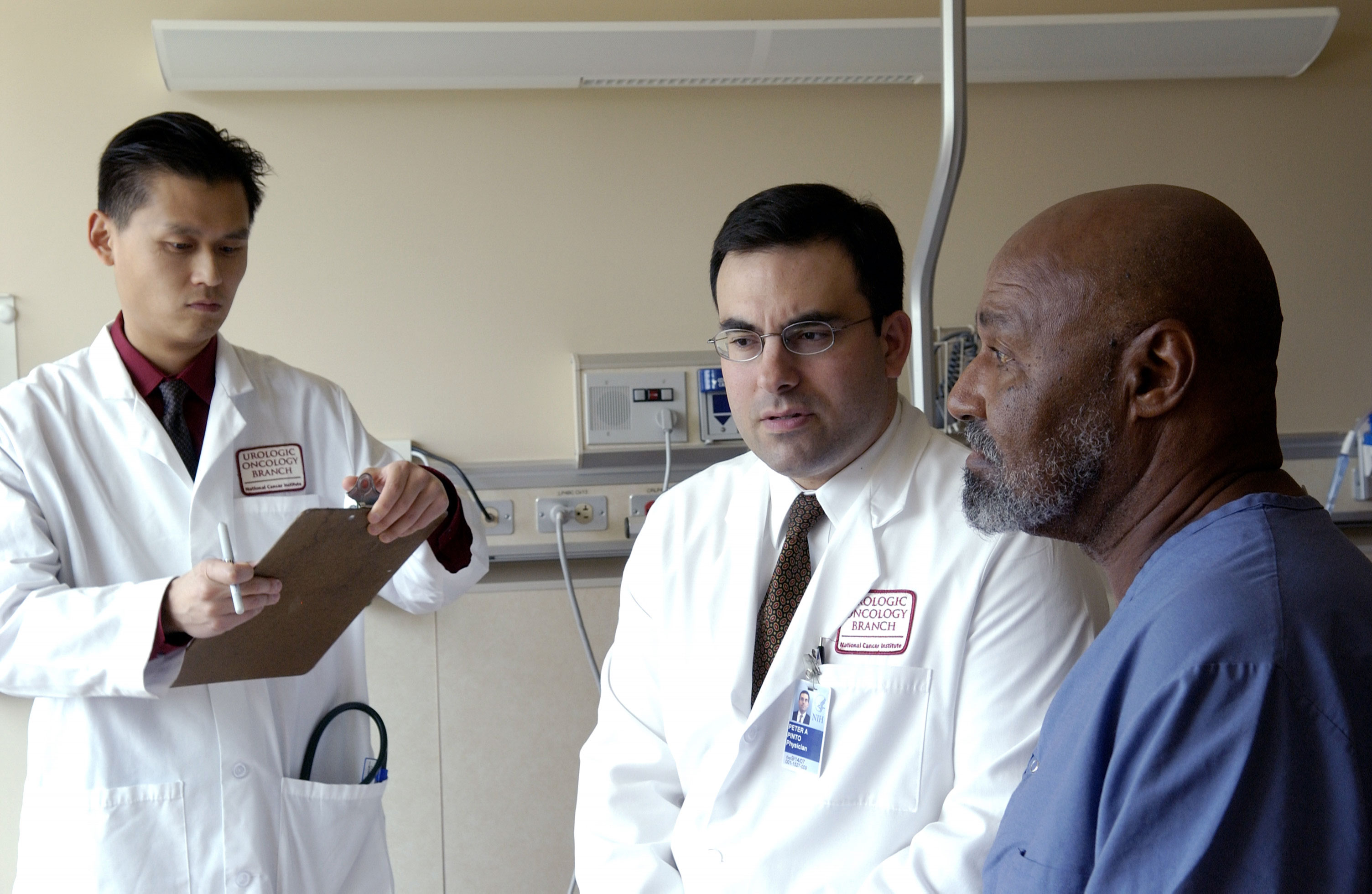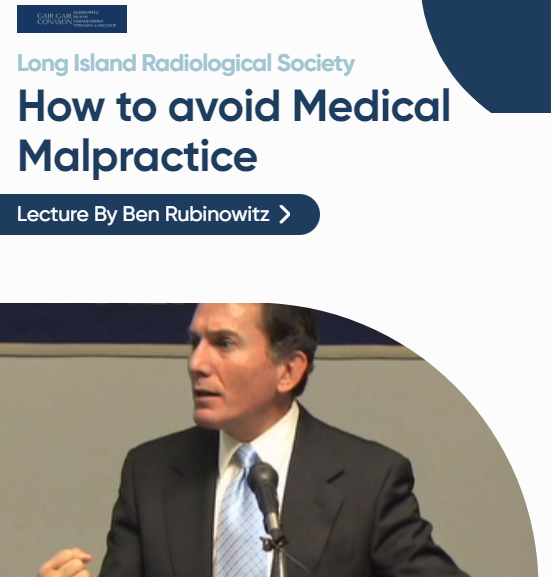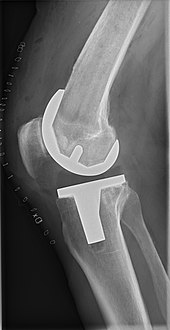The Dangers of Relying on AI Transcription Tools in Medical Settings: A Medical Malpractice Lawyer’s Perspective
 As AI technology advances, the medical field has seen promising integrations, from diagnostic support to patient care management. However, recent reports highlight a significant risk: AI-powered transcription tools, such as OpenAI’s Whisper, are making alarming errors, particularly in medical settings. Whisper’s tendency to produce fabricated content—what experts call “hallucinations”—poses serious risks when used in doctor-patient consultations. These inaccuracies have far-reaching consequences for patients and healthcare providers alike, particularly if faulty transcriptions lead to misunderstandings, misdiagnoses, or even medical malpractice.
As AI technology advances, the medical field has seen promising integrations, from diagnostic support to patient care management. However, recent reports highlight a significant risk: AI-powered transcription tools, such as OpenAI’s Whisper, are making alarming errors, particularly in medical settings. Whisper’s tendency to produce fabricated content—what experts call “hallucinations”—poses serious risks when used in doctor-patient consultations. These inaccuracies have far-reaching consequences for patients and healthcare providers alike, particularly if faulty transcriptions lead to misunderstandings, misdiagnoses, or even medical malpractice.
AI Hallucinations: What Are They?
Unlike traditional transcription errors, hallucinations involve the AI creating statements that were never said. For instance, in routine testing, Whisper reportedly added imaginary medical treatments or racial commentary that was absent in the original audio. While these hallucinations are concerning across all fields, they are particularly dangerous in healthcare, where accurate record-keeping is critical. Errors or fabricated statements in medical notes can misinform other medical professionals, lead to incorrect patient care, or provide grounds for miscommunication-based legal issues.
 New York Personal Injury Attorneys Blog
New York Personal Injury Attorneys Blog












